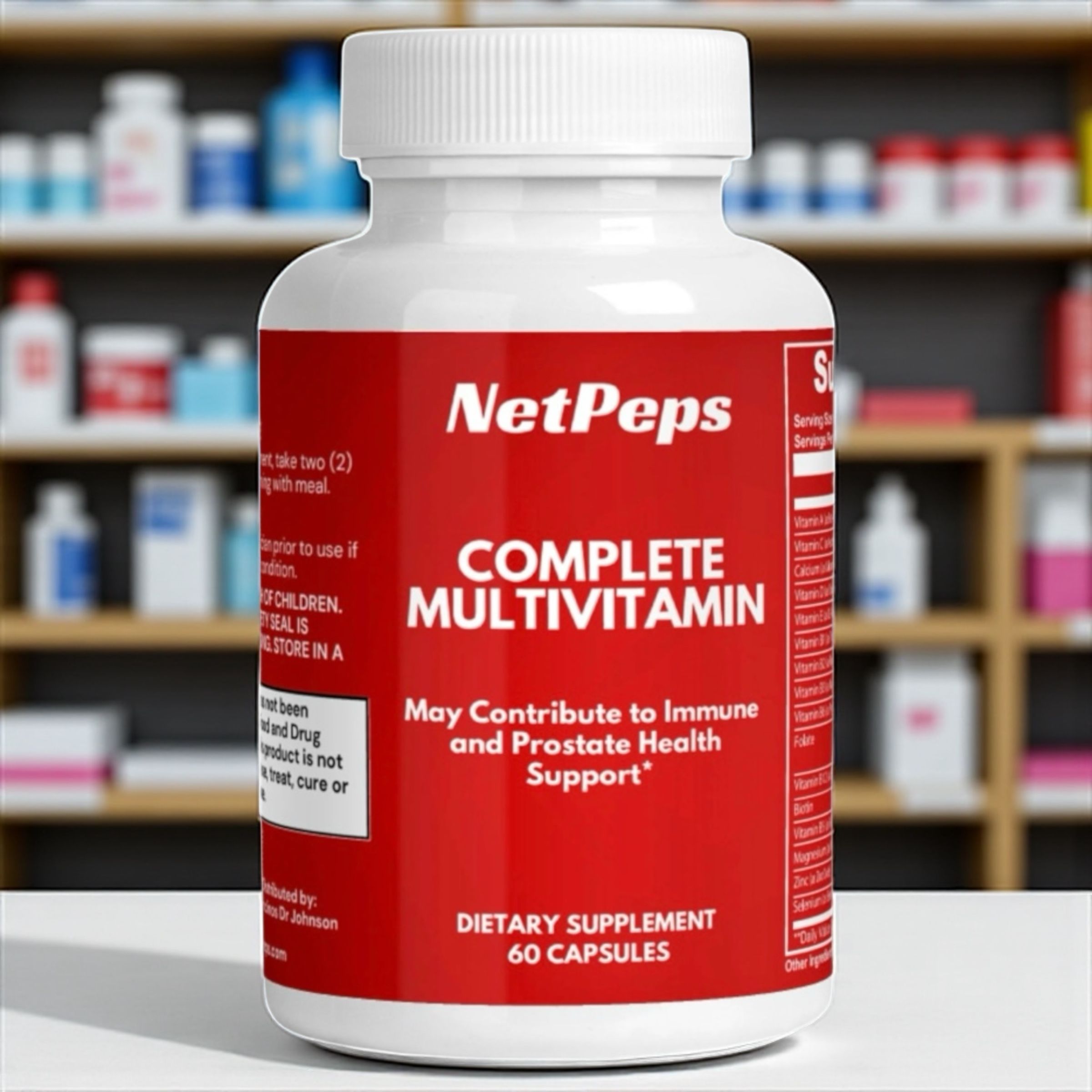Difference Between Vitamins and Supplements
 Understanding the Difference Between Vitamins and Supplements
Understanding the Difference Between Vitamins and Supplements
In the realm of health and wellness, the terms "vitamins" and "supplements" are often used interchangeably, leading to confusion about their distinct roles and benefits. While both play crucial roles in supporting overall well-being, they serve different purposes and offer unique advantages. Let's delve into the nuances that set these two categories apart:
Vitamins:
Vitamins are organic compounds that are essential for various bodily functions, such as metabolism, immunity, and cellular health. They are classified into two categories: water-soluble vitamins (e.g., Vitamin C and B-complex vitamins) and fat-soluble vitamins (e.g., Vitamins A, D, E, and K).
Water-soluble vitamins are not stored in the body for an extended period and require regular intake through diet or supplementation. They are easily absorbed and can be quickly excreted if consumed in excess.
Fat-soluble vitamins are stored in the body's fatty tissues and liver and are released as needed. They play roles in hormone production, bone health, and vision, among other functions.
Vitamins are primarily obtained from food sources such as fruits, vegetables, dairy, and grains. However, dietary gaps or specific health conditions may necessitate the use of vitamin supplements to ensure optimal nutrient intake.
Supplements:
Supplements encompass a broader category of products that include vitamins, minerals, herbs, amino acids, and other substances designed to supplement the diet. They are available in various forms, including capsules, tablets, powders, and liquids.
While vitamins are a subset of supplements, not all supplements are vitamins. For instance, mineral supplements like calcium, magnesium, and iron fall under the supplement umbrella and play distinct roles in supporting overall health.
Supplements are commonly used to address specific health concerns or deficiencies, promote athletic performance, enhance cognitive function, or support overall wellness. They may contain individual nutrients or combinations of ingredients tailored to unique health goals.
It's important to note that while supplements can be beneficial when used appropriately, they are not a replacement for a balanced diet rich in essential nutrients. Consulting with a healthcare provider or nutritionist can help determine the right supplement regimen based on individual needs.
In conclusion, vitamins are organic compounds essential for various bodily functions, while supplements encompass a broader category of products designed to augment the diet and support overall health. Understanding the distinction between the two can empower individuals to make informed choices to optimize their health and well-being.
